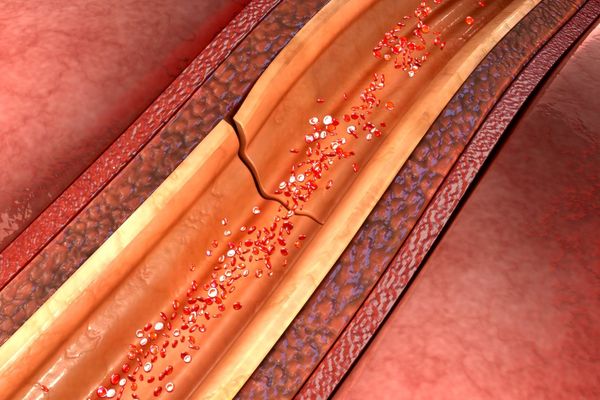Q:
When I read about young athletes dying suddenly from a heart problem, I wonder if I should have my teenaged sons tested. Is there such a test? Our family has a history of heart disease.
A:
Although very rare, there are instances in which seemingly healthy young athletes suddenly collapse and die. The most common cause is hypertrophic cardiomyopathy, a condition in which part of the heart muscle thickens, disrupting electrical signals throughout the heart and the arrangement of heart muscle cells.
Unfortunately, most schools do not adequately screen young athletes for heart problems, even though the American Heart Association recommends a 12-item screening process that could reduce the risk of sudden death. The screening includes a personal history, blood pressure, family history and physical examination. It should be administered every two years for high school athletes; every three years for college athletes.
The AHA does not recommend electrocardiograms unless the initial screening shows a family history of sudden death, Marfan syndrome, unexplained fainting, hear murmur or high blood pressure. If so, the athlete should be referred for further cardiovascular examination.
I suggest you ask your family health care professional to screen your sons using the AHA tool. And make sure you provide a full description of your family's history of heart disease.






